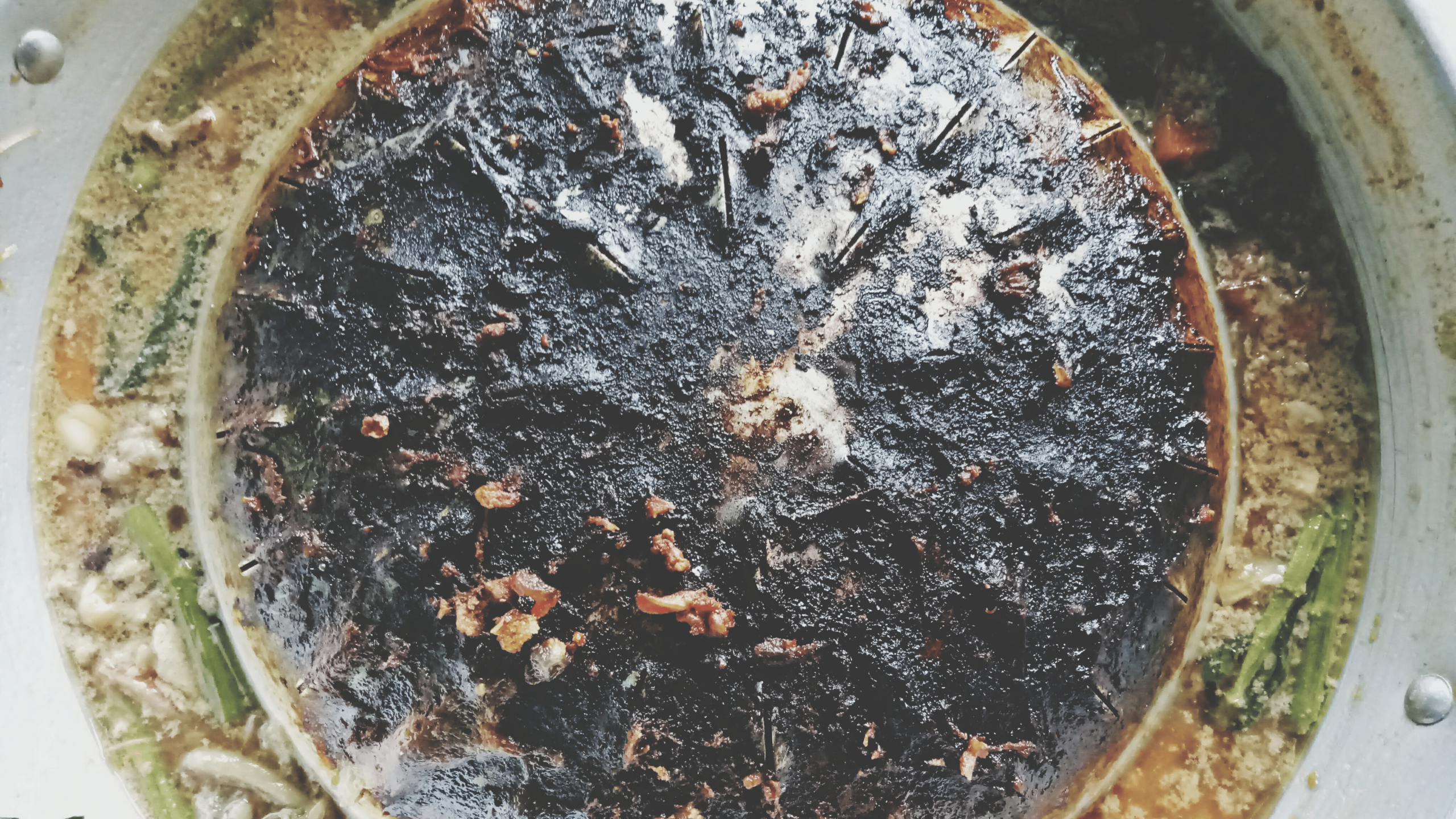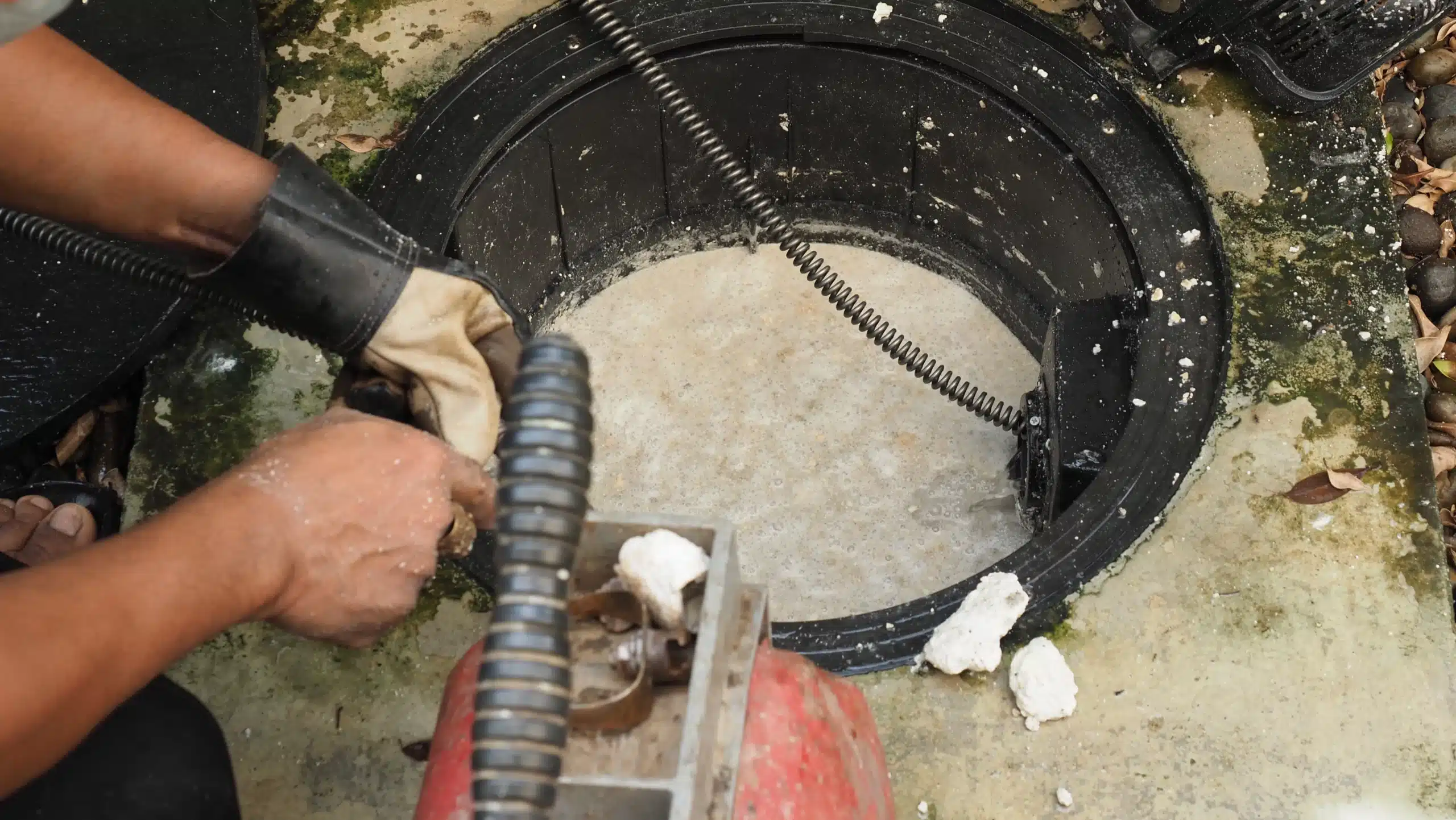A grease trap is a necessity to keep a commercial kitchen, a school, or a hospital running properly.
Without a properly maintained grease trap, you are bound to run into problems often when the plumbing system clogs. You will also not be compliant with the health code of your city.
A regularly cleaned and maintained grease trap is important. It also needs inspection at least once every two years.
But you don’t need to wait that long. You can get it checked as often as possible depending on your establishment’s size and the amount of fats, oils, and grease that it generates.
If you have a large food establishment, you might need grease interceptor cleaning services after every 4-6 weeks.
Here are some other grease trap cleaning tips that save you money:
Get the right grease trap- this is where it all starts!
There are three types of grease traps and not all of them are going to meet your purpose. These are:
A manual or hydromechanical grease trap
It is also known as a traditional grease trap.
This grease trap is the most commonly used in small households or establishments. It comes in different sizes but none is too big. It is cheaper, and you can clean it manually.
The automatic grease removal unit (AGRU)
It works like the manual grease trap. However, it can be programmed to separate grease from the water and put it into a separate container for easier disposal.
Gravity grease trap
This grease trap is suitable for larger establishments like hotels, hospitals, or schools.
It works like the other two, but it has a larger tank. They are buried underground and they are made from either fiberglass or concrete.
The gravity grease interceptor should be cleaned every 3 months by professionals. They pump the grease into truck tanks equipped to hold such liquids.
Therefore, get the right grease trap depending on your household or establishment size.
Proper grease trap installation
Proper grease interceptor installation is very important. If you fail here, nothing will ever go right in future.
If this grease trap is incorrectly installed, you’ll spend a lot trying to correct it, and it could have been avoided.
Don’t install the grease trap yourself. Get a professional, and make them your regular grease trap cleaning company if possible.
If you insist on DIY work on the grease tank installation, ensure you get a professional to certify that you’ve done it correctly.
Do not dump grease directly into the drain
Even if the grease trap’s main function is to collect the FOG – fats, oils, and greases, never dump grease directly into the trap.
Not only will this congeal your pipes, but it’ll also slow down the draining process, reducing the septic tank’s performance.
The less grease you release into the grease trap, the lesser the maintenance cost.
To dispose of your used grease, let it solidify before putting it in a separate container for disposal.
Sensitize your kitchen staff on the need to dispose of the fats and grease responsibly. For instance, they should prevent as much of it as possible from going down the kitchen drain.
You can also contract a used cooking oil recycling company to collect the waste oil. They will actually buy it thus giving your revenue a good boost. They will also bring their own storage containers, where you will keep the used oil.
Install filters in your kitchen sinks
Food particles and other solid objects should not get into the grease trap as they’ll clog up the pipes.
Installing filters in kitchen sinks will trap food and other particles, making them easier to dispose of.
Not only will this keep the grease trap clean, but it’ll also prevent frequent clogging incidents.
If there is a clog in the plumbing system of your kitchen, you can spend a lot of money on plumbing repairs.
Optimize the kitchen procedures
You can minimize the amount of grease getting into the kitchen sink by doing some of these things:
Wipe your dishes before putting them in the sink. Scrap off remaining food off the plates before placing them in the sink. Doing this reduces the amount of food particles and grease that gets into the sink, drainage, and eventually, in the grease trap.
Reduce your fats, oils, and grease usage in the kitchen. You can do this by reusing your FOG. You don’t have to put fresh oil on the baking pan. Use whatever oil you’d used to deep fry potatoes.
Baking more often can help because this cooking method does not generate FOG.
Baking saves you money because you buy less cooking oil and use less money to maintain the grease trap. Baked foods are also healthier.
However, you can only bake for your home cooking. If you run a restaurant, you cannot sell baked foods only.
Clean the kitchen exhaust filters often. These filters help to regulate the rate at which fats and oil vaporize. If you can prevent the fats and oils from vaporizing, you can reuse them for other cooking tasks.
Get regular professional cleaning services
Grease interceptors require experts who specialize in such jobs to clean them. They hold a lot of water and FOG, which can be hard to pump out and collect for disposal. In fact, the grease interceptor needs specialized tools for cleaning.
Regularly cleaning the grease traps may sound like a waste of money at first, but it saves you more in the end. When FOGs and the solid matter break down, it produces hydrogen sulfide gas, which converts into sulfuric acid.
Sulfuric acid is toxic and corrosive, and it’s capable of damaging the interceptor’s internal plumbing. A damaged interceptor’s plumbing only means one thing; replacing a big part of the plumbing system, which is not only costly and time-consuming.
Keep track of regular maintenance. It comes in handy when you are trying to troubleshoot the cause of some frequent problems.
Conclusion
Maintaining grease traps is not hard. You just need to keep the grease trap clean and in top performance shape all the time.
Minimize the grease and solids that get into the grease traps to maintain efficiency. Do this at the kitchen level, by collecting the oils before pouring water down the sink.
Be on the lookout for any decay or malfunction so that you can arrest the problem before it becomes worse. Some issues to look for are slow processing efficiency, strange smells, and leaking.
Always have your grease trap-cleaning companies on speed dial if you need some cleaning in the middle of a tight shift.
Must Read: Why Grease Trap Cleaning Is Important


